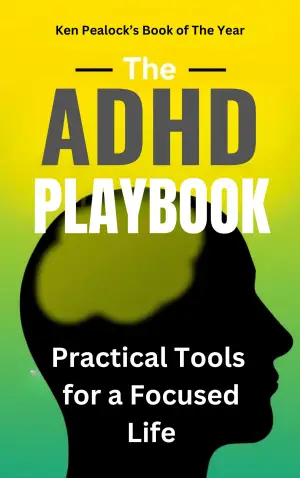A Journey into the Soul: Reflecting on Frankenstein: The 1818 Text
From the moment I cracked open Mary Shelley’s Frankenstein: The 1818 Text, I was reminded of a timeless truth: creation is often tied to pain. Experiencing this classic in its original form provided me with an even deeper connection to the themes that resonate today—the search for identity, the longing for companionship, and the moral implications of scientific endeavor. Shelley’s work isn’t just a chilling tale of horror; it’s an exploration of humanity itself, and I couldn’t help but feel transported into the very heart of her emotional landscape.
At its core, Frankenstein examines the complex relationship between creator and creation. Victor Frankenstein, driven by ambition, strives to transcend the boundaries of life and death. Yet, upon bringing his creature into the world, he is met not with joy, but horror and rejection. This dynamic between Victor and his creation speaks volumes about the consequences of neglect and the inevitability of loneliness. One line that pierced me particularly was, “I am your creature; be my creator.” It encapsulates the profound, heartbreaking desire for acceptance and belonging that the creature experiences—elements that resonate deeply in our own lives.
Shelley’s writing is a beautiful blend of gothic elements and eloquent prose. The pacing, though deliberate, allowed me to savor her reflections on existence and morality. The way she intertwines the elements of nature and the sublime with the dark undertones of hubris creates a palpable tension that kept me engaged. Despite knowing the story’s outcome, I found myself holding my breath as Victor’s fate unraveled, caught between admiration for his brilliance and pity for his tragic flaws.
One cannot discuss Frankenstein without acknowledging its profound impact on literature and popular culture. The legacy of the text stretches far beyond the pages, influencing films, art, and even our understanding of the term “Frankenstein” itself—now often used to describe the unforeseen consequences of our creations. The line “I ought to be thy Adam, but I am rather the fallen angel,” lingers, inviting us to explore our own moral landscapes.
As I turned the final pages, I felt an overwhelming sense of gratitude for the experience. Frankenstein: The 1818 Text isn’t just a horror story; it’s a mirror reflecting our fears, joys, and the eternal search for connection.
I highly recommend this book to anyone intrigued by psychological depth and moral quandaries. Whether you’re a lifelong fan of gothic literature or a newcomer curious about its origins, Shelley’s work is undoubtedly significant. It’s a reminder that while we may create, we also hold the responsibility for the lives we bring into our world, a lesson that resonates now more than ever.
In reflecting upon my reading journey, I see Shelley not just as a storyteller, but as a philosopher grappling with the questions that define us. Frankenstein transcends the boundaries of time, inviting readers to engage with the human condition, urging us to consider: what does it truly mean to be alive?
Discover more about Frankenstein: The 1818 Text on GoodReads >>














